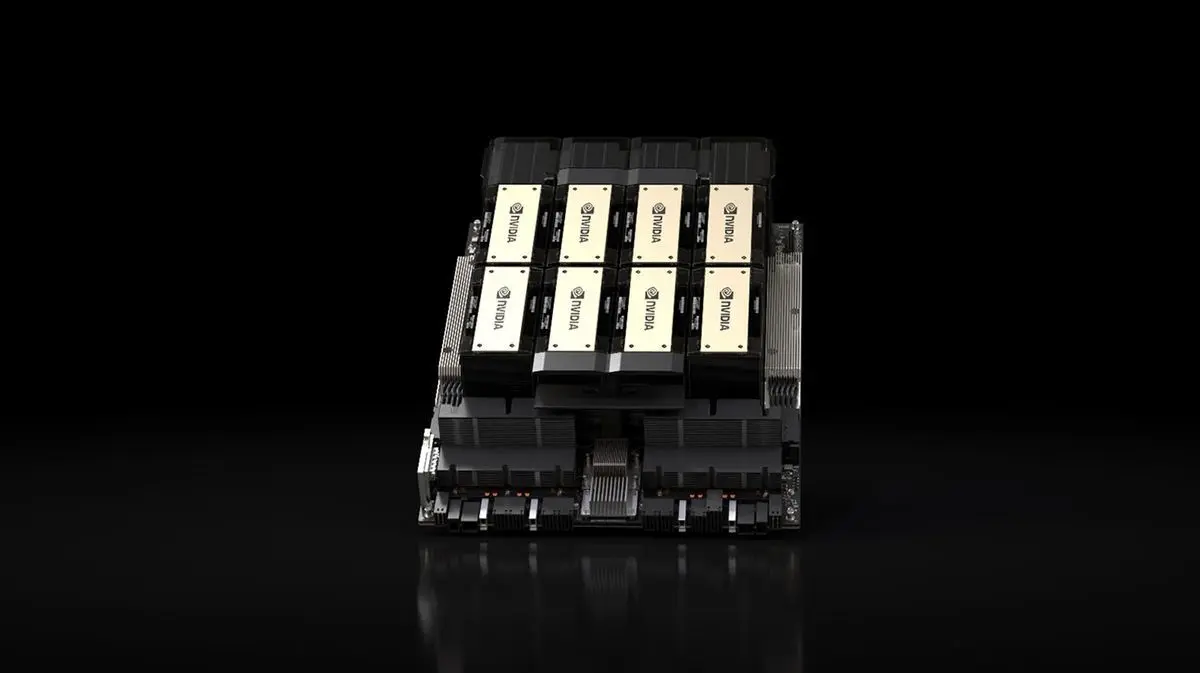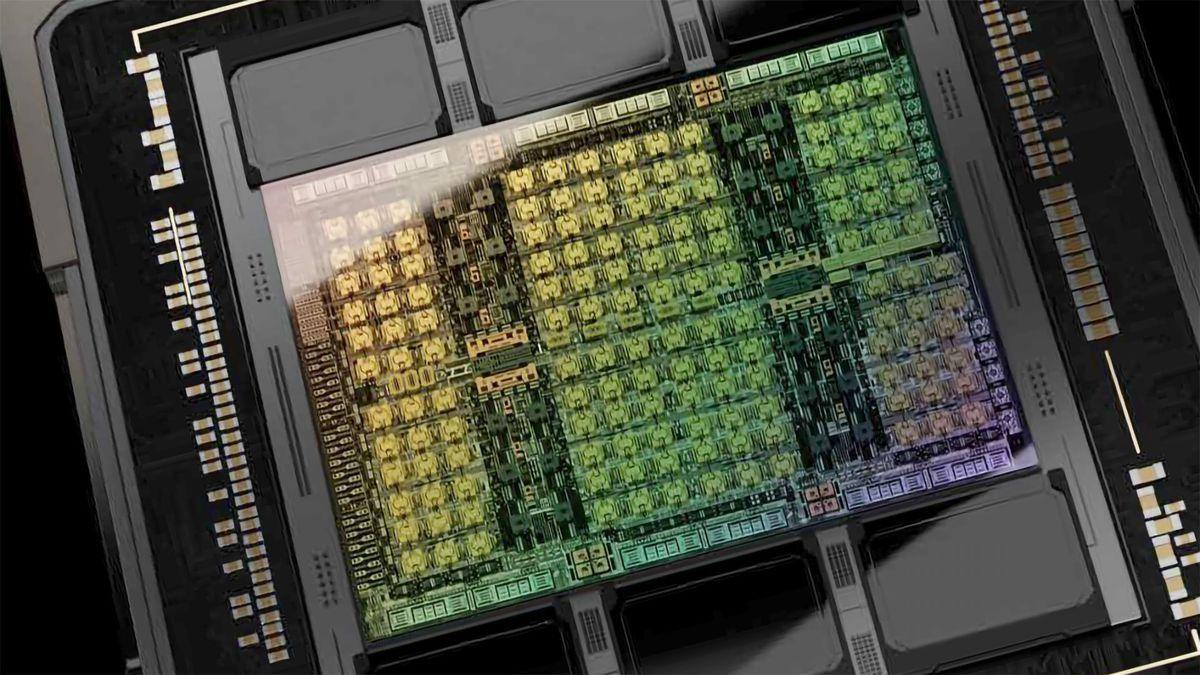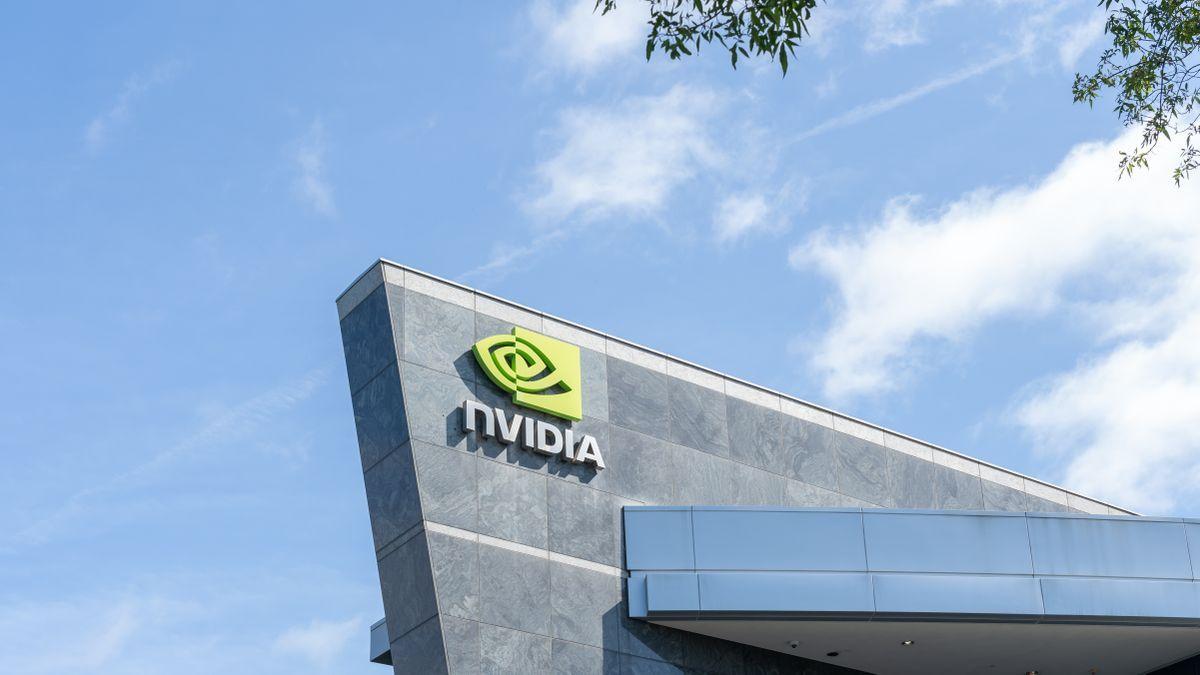Nvidia CEO Raises Concerns Over Huawei's AI Capabilities in Closed-Door Meeting with US Lawmakers
3 Sources
3 Sources
[1]
Nvidia raised concerns about Huawei's growing AI capabilities to US lawmakers
SAN FRANCISCO, May 1 (Reuters) - Nvidia CEO Jensen Huang discussed concerns with Huawei Technologies Co.'s growing artificial intelligence capabilities with U.S. lawmakers, according to a senior congressional committee staff source. The issues were raised during a closed-door meeting between Nvidia executives and the U.S. House of Representatives Foreign Affairs Committee. Among the topics discussed were Huawei's artificial intelligence chips and how restrictions on Nvidia's chips in China could make Huawei's chips more competitive. "If DeepSeek R1 had been trained on (Huawei chips) or a future open-source Chinese model had been trained to be highly optimized to Huawei chips, that would risk creating a global market demand for Huawei chips," the senior staff source said. Reporting by Stephen Nellis in San Francisco, Editing by Franklin Paul Our Standards: The Thomson Reuters Trust Principles., opens new tab Suggested Topics:Artificial Intelligence
[2]
Nvidia CEO discusses Huawei's AI capabilities with U.S. lawmakers By Investing.com
Investing.com -- Nvidia (NASDAQ:NVDA)'s CEO, Jensen Huang, recently had a confidential meeting with the U.S. House of Representatives Foreign Affairs Committee to discuss the growing artificial intelligence (AI) capabilities of Huawei Technologies Co., as confirmed by a senior congressional committee staff source. The discussion centered on Huawei's AI chips and the potential competitive advantage these could gain if restrictions were placed on Nvidia's chips in China. The Nvidia executives and U.S. lawmakers also explored the implications of AI models being optimized for Huawei chips. The senior staff source highlighted a particular concern, "If DeepSeek R1 had been trained on (Huawei chips) or a future open-source Chinese model had been trained to be highly optimized to Huawei chips, that would risk creating a global market demand for Huawei chips." This statement underscores the potential global market implications should AI models be developed to favor Huawei's chips.
[3]
Nvidia raised concerns about Huawei's growing AI capabilities to US lawmakers
SAN FRANCISCO (Reuters) -Nvidia CEO Jensen Huang discussed concerns with Huawei Technologies Co.'s growing artificial intelligence capabilities with U.S. lawmakers, according to a senior congressional committee staff source. The issues were raised during a closed-door meeting between Nvidia executives and the U.S. House of Representatives Foreign Affairs Committee. Among the topics discussed were Huawei's artificial intelligence chips and how restrictions on Nvidia's chips in China could make Huawei's chips more competitive. "If DeepSeek R1 had been trained on (Huawei chips) or a future open-source Chinese model had been trained to be highly optimized to Huawei chips, that would risk creating a global market demand for Huawei chips," the senior staff source said. (Reporting by Stephen Nellis in San Francisco, Editing by Franklin Paul)
Share
Share
Copy Link
Nvidia's CEO Jensen Huang met with the U.S. House Foreign Affairs Committee to discuss Huawei's growing AI capabilities and the potential impact of restrictions on Nvidia's chips in China.

Nvidia CEO Meets with US Lawmakers to Discuss Huawei's AI Advancements
In a recent closed-door meeting with the U.S. House of Representatives Foreign Affairs Committee, Nvidia CEO Jensen Huang raised significant concerns about the growing artificial intelligence (AI) capabilities of Chinese tech giant Huawei Technologies Co. The discussion, which took place behind closed doors, centered on the potential implications of Huawei's AI chip development and the competitive landscape in the global AI market
1
2
.Huawei's AI Chips and Market Competitiveness
A key point of discussion during the meeting was the potential impact of restrictions on Nvidia's chips in China. There are concerns that such limitations could inadvertently boost the competitiveness of Huawei's AI chips in the global market. This situation highlights the delicate balance between national security concerns and maintaining a competitive edge in the rapidly evolving AI technology sector
1
3
.Potential Global Market Shift
A senior congressional committee staff source revealed a specific worry discussed during the meeting. The concern revolves around the possibility of AI models being optimized for Huawei's chips, which could significantly alter the global demand for these components. The source stated, "If DeepSeek R1 had been trained on (Huawei chips) or a future open-source Chinese model had been trained to be highly optimized to Huawei chips, that would risk creating a global market demand for Huawei chips"
1
2
3
.Related Stories
Implications for AI Development and Competition
This meeting underscores the complex interplay between technological advancement, national security, and global market dynamics in the AI sector. As companies like Nvidia and Huawei continue to push the boundaries of AI capabilities, policymakers are grappling with how to maintain national technological superiority while navigating international competition and potential security risks
2
.Broader Context of US-China Tech Relations
The discussions between Nvidia and U.S. lawmakers occur against a backdrop of ongoing tensions between the United States and China in the technology sector. This meeting reflects the broader concerns about China's growing influence in critical technologies like AI and the potential implications for global technological leadership and national security
1
2
3
.As the AI race continues to intensify, the outcomes of such high-level discussions could have far-reaching effects on global AI development, market dynamics, and international technology policies. The situation remains fluid, with stakeholders across the industry and government closely monitoring developments in this critical area of technological competition.
References
Summarized by
Navi
Related Stories
Nvidia CEO Urges AI Export Rule Revision Amid Global Competition and China's AI Advancements
01 May 2025•Technology

Trump Administration Considers New Restrictions on Nvidia AI Chip Exports Amid DeepSeek Concerns
31 Jan 2025•Policy and Regulation

Huawei's Ascend 910D AI Chip Challenges NVIDIA Amid US Export Restrictions
21 Apr 2025•Technology

Recent Highlights
1
ByteDance's Seedance 2.0 AI video generator triggers copyright infringement battle with Hollywood
Policy and Regulation

2
Demis Hassabis predicts AGI in 5-8 years, sees new golden era transforming medicine and science
Technology

3
Nvidia and Meta forge massive chip deal as computing power demands reshape AI infrastructure
Technology





